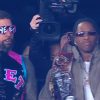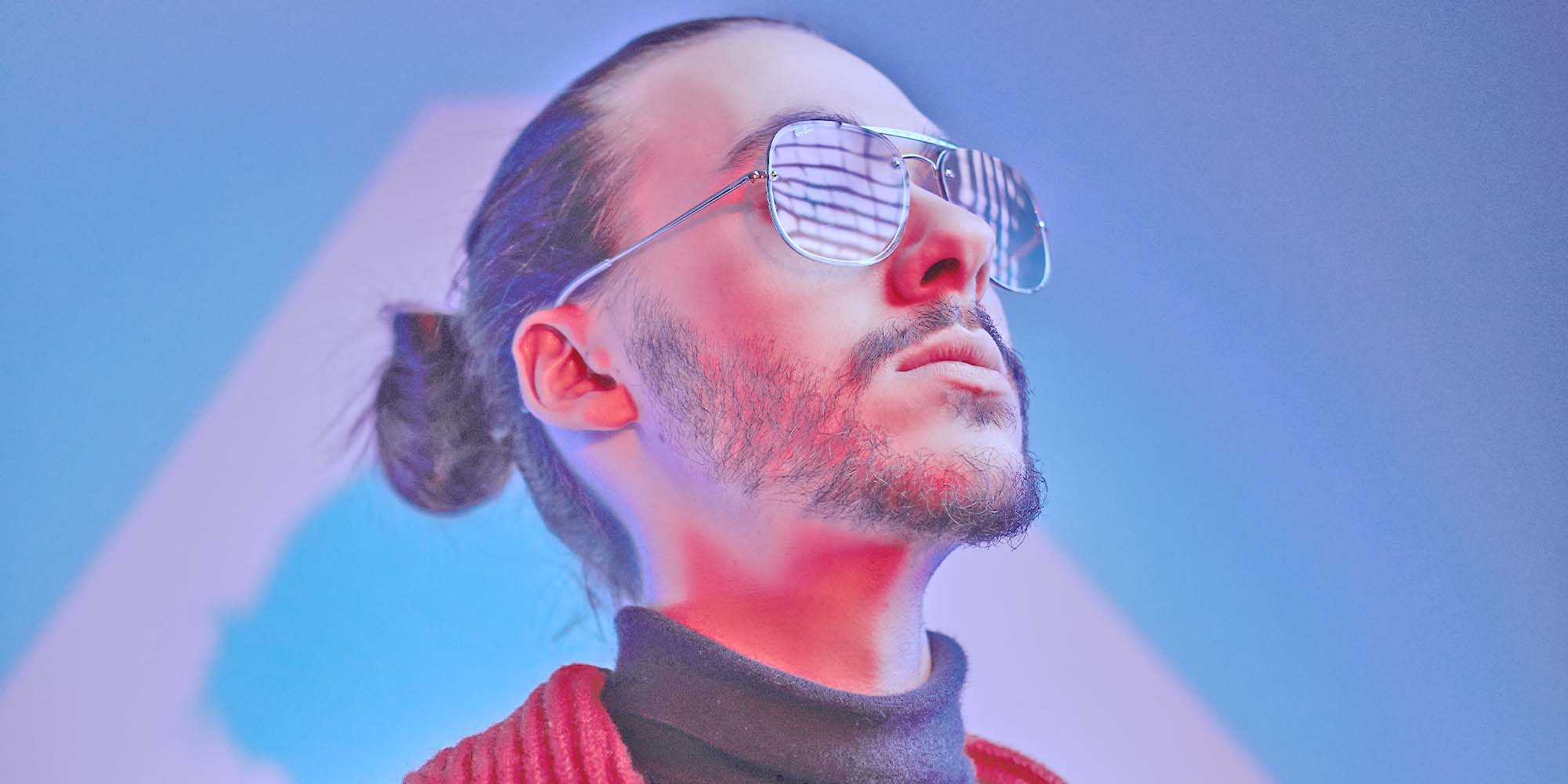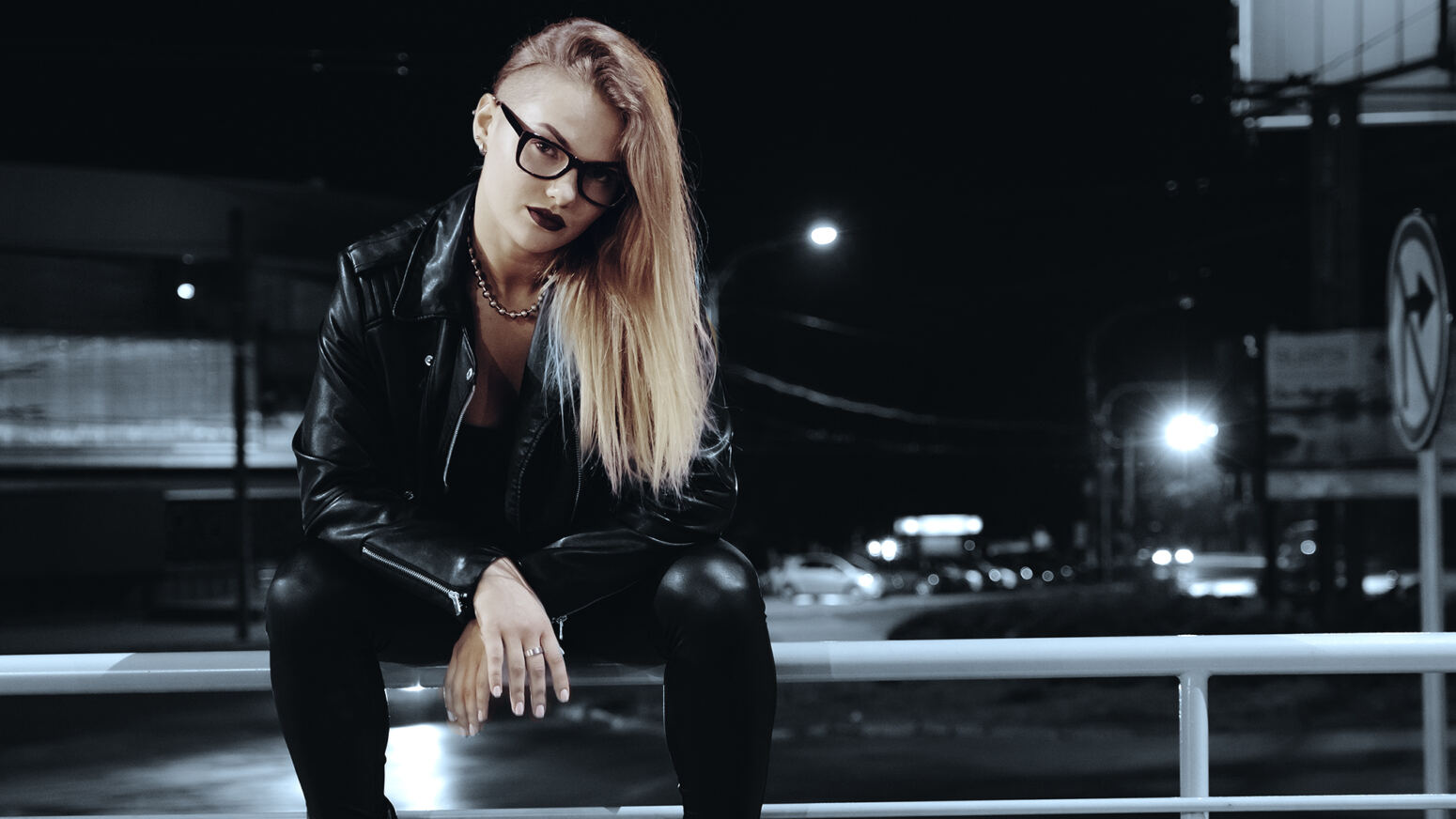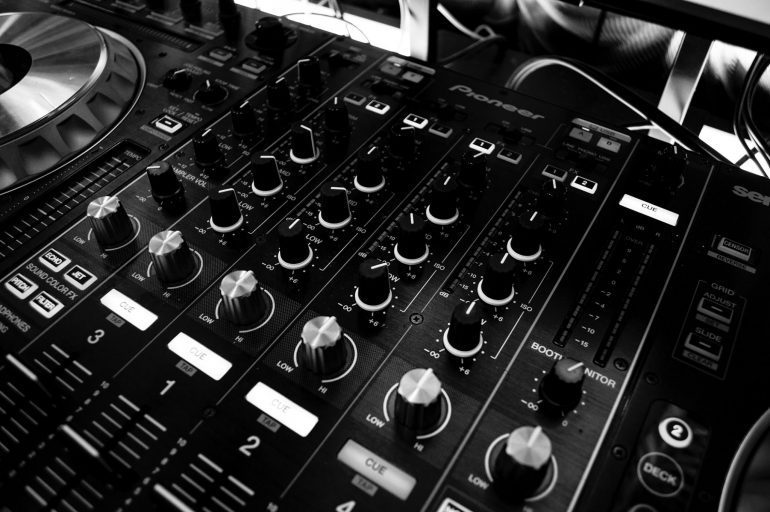-
 play_arrow
play_arrow
DisnDat HITZ DisnDat HITZ
-
play_arrow
Warlando Hitz Warlando Hitz
-
 play_arrow
play_arrow
DisnDat Tunez Reggae,Dancehall and Afro Beats
Culture – 23 mins ago

Photo Credit: Prince Williams/Wireimage
How Drake’s “joke” line about Megan Thee Stallion serves as a harsh reminder of the selective protection of hip-hop artists.
On November 4, Drake and 21 Savage dropped their highly-anticipated collaborative hip-hop album Her Loss. Originally slated to release on October 28 (before being pushed back after Drake’s longtime producer and friend Noah “40” Shebib tested positive for Covid-19), Her Loss shows the undeniable chemistry between the two rappers, who previously worked on tracks like “Mr. Right Now,” “Knife Talk,” and “Jimmy Crooks.” Although listeners have extended praise to both Drake and 21 for their raps, what’s currently making headlines are the former’s disses to artists like Kanye West and DRAM on “Circo Loco” and “BackOutsideBoyz,” respectively.
However, the least expected — and most divisive — diss came in the form of a “joke” about Megan Thee Stallion. On “Circo Loco,” Drake raps: “This bitch lied bout’ getting shots, but she still a stallion / She don’t even get the joke, but she still smiling.” A double entendre about a woman lying to him about cosmetic surgery and the controversial case in which Tory Lanez allegedly shot Megan Thee Stallion, the line has received backlash on social media, adding to an already extensive list of rappers who’ve poked fun or dismissed what has happened to the Houston rapper.
Drake is notorious for his misogynistic lyrics. Just as much as he’s known for vocalizing his love, appreciation, and infatuation for women in his discography, he’s also known for demeaning us, too. The same man who raps about the protection of women and taking a stance against the overturning of Roe vs Wade on “Spin Bout U,” is also the same person behind what will likely be one of the most incendiary lines closing out this year of mainstream rap releases. So, where does a comical bar about a Black woman’s abuse fit among his professed allyship? It doesn’t, but for hip-hop it’s unsurprising.
Just this week, hip-hop artists and fans alike mourned the tragic death of Takeoff, with the Migos member joining other rappers — Nipsey Hussle, XXXTENTACION, Pop Smoke, King Von, Young Dolph and PnB Rock — who’ve been fatally shot in recent years. Amid Takeoff’s passing, many called for an end to reckless gun violence and for rappers to cease talking about violence in their lyrics, all in an attempt to save Black men’s lives. Unfortunately, the same condolences, heartwarming reflections, and support some male rappers have received amid their tragic deaths, hasn’t been offered to the women rappers who’ve endured violence. Instead, they’ve been met with laughter, punchlines, and victim-blaming, something that has remained sadly consistent throughout hip-hop’s past and present.
One of the most notable victims of this has been Lil’ Kim. In a 2005 interview with Angie Martinez, the rapper got candid about the abuse she suffered at the hands of her ex-boyfriend, including several broken noses and black eyes. Kim underwent plastic surgery to correct her broken nose, sadly sharing that her then-boyfriend broke her nose soon again.
“I came out of the hospital from getting my nose done and he broke my shit again. I have had to have MRIs because he beat me up so bad I couldn’t even move,” she said. “I had blood clots in my back. One day, a voice told me you better leave right now. I had to leave my own damn house. I bleed just like y’all. I got feelings just like y’all. We’re all human.”
But the rapper’s vulnerability about domestic violence and escaping from that hasn’t stopped people from berating and degrading her appearance. Even last year, 50 Cent, a former collaborator of Kim, poked fun at the legendary MC, comparing her to an owl and the leprechaun character from the horror film Leprechaun.
In 2019, Yung Miami was the victim of violence perpetrated by her male peers, when Kodak Black threatened to harm the Miami-Dade rapper in a diss he released from jail, rapping: “I bought Yung Miami a ring, she wanted 808 baby. When I see her I’ma hit that bitch in her stomach / The way I keep my shit too real, they say I’m fucking up my money.” A week after the diss, Miami, who was pregnant at the time, was the victim of a drive-by shooting while leaving the studio. Thankfully, she was not harmed.
Earlier this year, Latto sat down to talk about her then-new album 777 with Big Boy TV, where she shared that a male artist on the album initially refused to clear his verse because she didn’t respond to his sexual advances. Eventually, the male artist cleared the verse and Latto moved forward with the song. However, when she refrained from naming the artist, the conversation on social media quickly shifted to uncanny attempts to silence her as a repercussion for not revealing their identity. With the lack of support, Latto shared her regret of speaking up about the woes of the music industry as a female artist. It’s an example of another type of violence women endure in this industry from their peers, and how the blame is always placed on them in one way or the other, instead of the wrongdoer.
Although Megan Thee Stallion has been vocal about her alleged assault and the toll it has taken on her mental health (compacted with the grief and loss that came with the passing of her mother), some of her peers and commentators continue to dehumanize and denounce her experience to jokes and lackluster lyrics. In 2020, 50 Cent and Cam’ron both poked fun at the alleged altercation by sharing various memes on their accounts. (The former later apologized, taking to Twitter to write: “Damn I didn’t think this shit was real, it sounded so crazy @theestallion i’m glad your feeling better and I hope you can accept my apology.”)
Former collaborator DaBaby has been one of the more prominent antagonizing figures against Megan. After collaborating with her on songs like “Cash Shit” and “Cry Baby,” the North Carolina rapper then featured on Tory Lanez’s “SKAT” song, as well as appeared in its music video, too. The collaboration stirred up animosity between him and Megan Thee Stallion, and only grew worse when Lanez was a surprise guest during DaBaby’s 2021 Rolling Loud performance, which happened shortly after Megan performed. In September, DaBaby fully burned any remaining bridge he might’ve had with Megan after releasing his song “BoogeyMan.” In it, he alleged that he had a sexual relationship with Megan Thee Stallion, rapping: “The day before she said that Tory Lanez shot her, I was fuckin’ on Megan Thee Stallion / Waited to say that shit on my next album / Hit it the day before too.” Beyond it being a terrible bar, it was also an insensitive (and clear) attempt at trying to get attention for the single.

Photo Credit: Matt Winkelmeyer/Getty Images for iHeartRadio
Now, Drake joins rappers like DaBaby in lyrics referencing one of the most traumatic things to happen to Megan that could have been omitted. Although the bar didn’t qualify as one that would easily go over people’s heads, men and women tried to disprove that the lyric was indeed about Megan. But the reality is this: if Drake penned a “joke” line about the shooting of a popular male rapper, the response would’ve been drastically different.
Amid the line going viral, some people aren’t just expecting Megan to suck it up and stop tweeting about the bar, but get in the booth and retaliate, as a part of the age-old tradition of responding to rap disses. But for such a traumatic event that she hasn’t even really had the time to process, she shouldn’t have to if she doesn’t want to. And for Drake to advocate for the protection of women as he does on Her Loss, it’s not a stretch to think he should’ve known better and could have kept that sub-par double entendre off the track.
If hip-hop is going to call for everyone to put down the guns and retreat from violence, it can’t be selective. Valuing the lives of your peers based on gender can’t happen, and empty hashtags won’t protect Black women if no one actually steps up and protects Black women, particularly Black women rappers.
—
Mikeisha Daché Vaughn is a culture writer based in Columbus, Ohio. Her work is mostly culture-based, but the ways in which her writing intersects with music and fashion is her Achilles heel. She has also written for Complex, Essence, and Teen Vogue, among others.
Written by: jarvis
Similar posts
-
Recent Posts
- Raekwon Chats With Joe Rogan About Wanting To Make A Wu-Tang Movie and More
- Travis Scott Smokes A Blunt During WWE Monday Night Raw
- YNW Melly Cuts Off All His Dreadlocks
- Gerard Way To Voice A New ‘Dungeons & Dragons’ Pinball Game
- Cameraman Knew The Assignment! Thick Female Battle Rapper Was Turnin’ Heads In The Strip Club For Her Performance!
Recent Comments
Featured post
Latest posts

Raekwon Chats With Joe Rogan About Wanting To Make A Wu-Tang Movie and More

Travis Scott Smokes A Blunt During WWE Monday Night Raw

YNW Melly Cuts Off All His Dreadlocks

Gerard Way To Voice A New ‘Dungeons & Dragons’ Pinball Game

Cameraman Knew The Assignment! Thick Female Battle Rapper Was Turnin’ Heads In The Strip Club For Her Performance!
Current show
Upcoming shows

Good Morning London
With Cindy and Brandon
6:30 am - 9:00 am
Classy Generation
With Jessie Black
9:00 am - 10:00 am
Pop’n Roll
Mixed by Rebecca Lost
10:00 am - 12:45 pm
ACCOUNTABILITY W Mr. STROKEMWELL
Fuck How You Feel
12:45 pm - 2:00 pm
House Of Fashion
With Veronica and Nina
2:00 pm - 6:00 pmChart
Chart
-
Top popular

Female Corrections Officer Who Got Smashed In Front Of 11 Inmates… Wants You To Bail Her Out! (6 Sec IG Message)

Music, Economics, and Beyond

Geez, Wait Till You See It From The Back: Recoil Like A Mac10 With No Attachments!

Stainless Steel Juicer – Making Juicing Fun And Easy

Tragedy Unfolds At Rock Hill Smoke Shop! Aftermath Shows Witness Fighting To Save One Survivor After 2 Fatally Shot & 1 Critically Injured Inside
COPYRIGHT All rights reserved.
Site Design by Superior Business Solutions.













